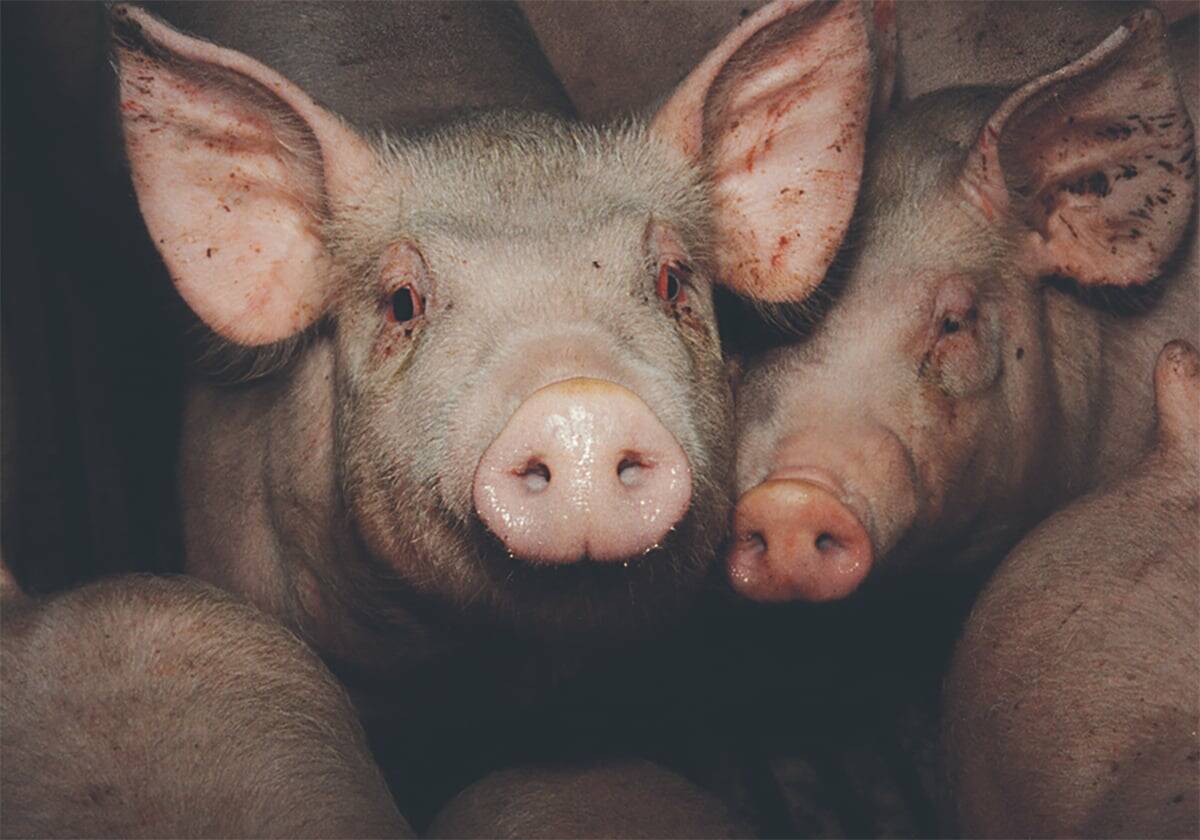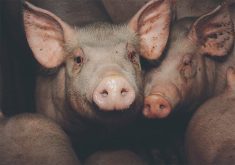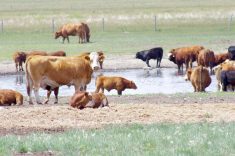The Canadian Wheat Board (CWB) earned $5.2 billion in gross revenues in 2009-10 on the sale of 21 million tonnes of wheat, durum and barley, resulting in returns to Western Canadian farmers of $4.6 billion.
Farmer returns were down from the previous two crop years, according to the CWB’s annual report released Feb. 18, but still among the highest in history. The CWB credited the strategic marketing of a large and high-quality crop during relatively strong international commodity prices.
“Only four other years saw higher total (CWB) revenues,” the board said in a release.
Read Also

Scientists discover cause of pig ear necrosis
After years of research, a University of Saskatchewan research team has discovered new information about pig ear necrosis and how to control it.
Total CWB exports of 18.7 million tonnes was the highest in 10 years, up 300,000 tonnes from the previous year.
CWB administrative costs were up 2.4 per cent to $70.5 million or nine cents per bushel.
“In retrospect, 2009-10 was a good year for western Canadian farmers and their marketing organization,” CWB chair Allen Oberg said. “Not only did unexpected fall weather save our crops, but prices started improving again and CWB staff worked hard to make the most of those factors. It was a year that once again demonstrated how strong we can be when we work together as farmers.”
The CWB uses benchmarks to compare its marketing performance. The net per-tonne price spread the board realized over competitors’ values for wheat, durum and designated (malting) barley was $4.90, $11.16 and $13.71 a tonne.
“The biggest challenge was the abundant supply of wheat in the international market from most grain-producing regions of the world, creating strong export competition for reduced import demand,” the annual report says. “Despite this reality, the CWB accepted 100 per cent of the non-durum wheat offered by farmers and greatly surpassed our early expectations for sales of both durum and malting barley.”
The CWB’s board of directors, excluding president and CEO Ian White, received a total $947,081 in per diems, retainers and redeemable expenses in 2009-10.
White was paid a base salary of $647,807, plus a bonus of $109,449.
The 2009-10 crop year was the first full year for the CWB’s five-year plan to add value for farmers. It’s based on four pillars: operate efficiently and effectively, deliver the right services to farmers, manage the customer base and be a growing and thriving organization.














